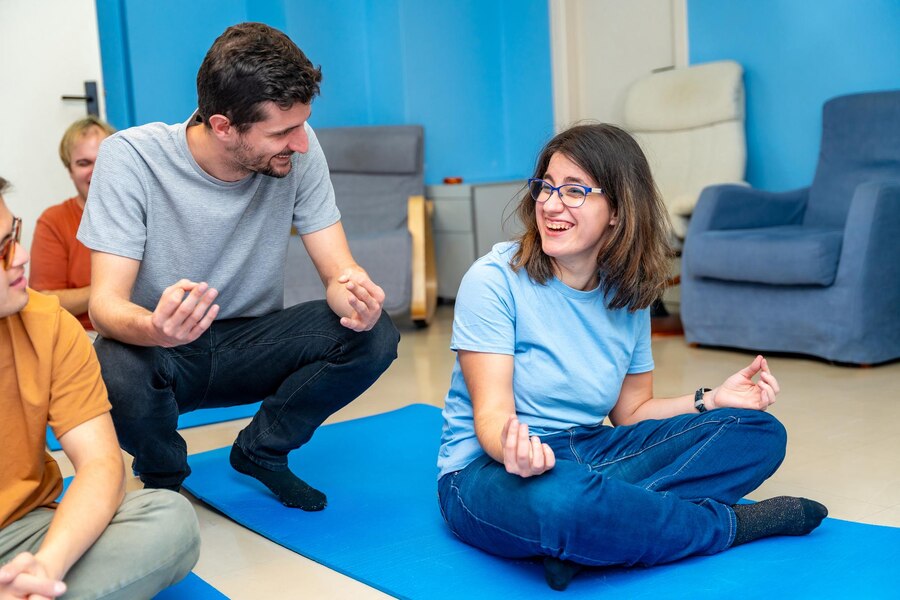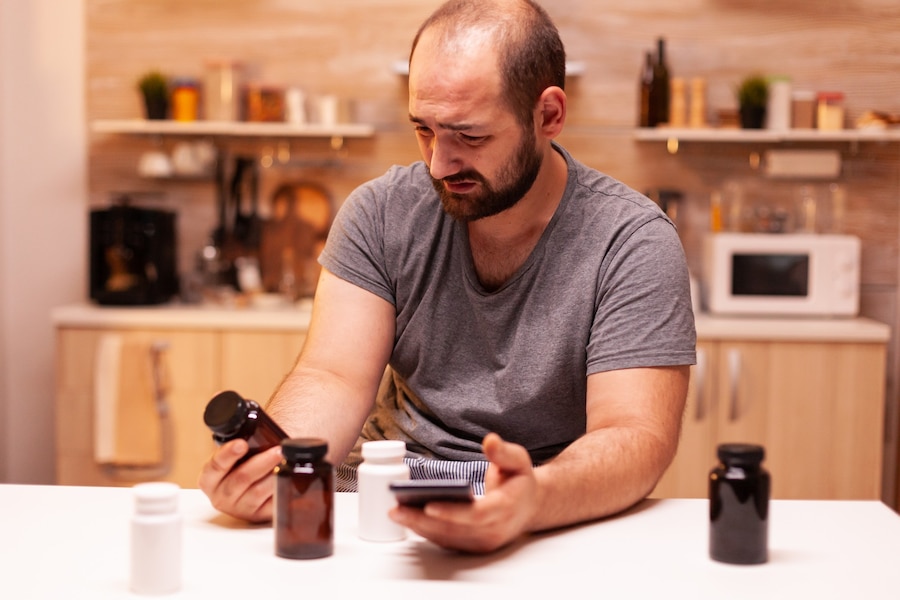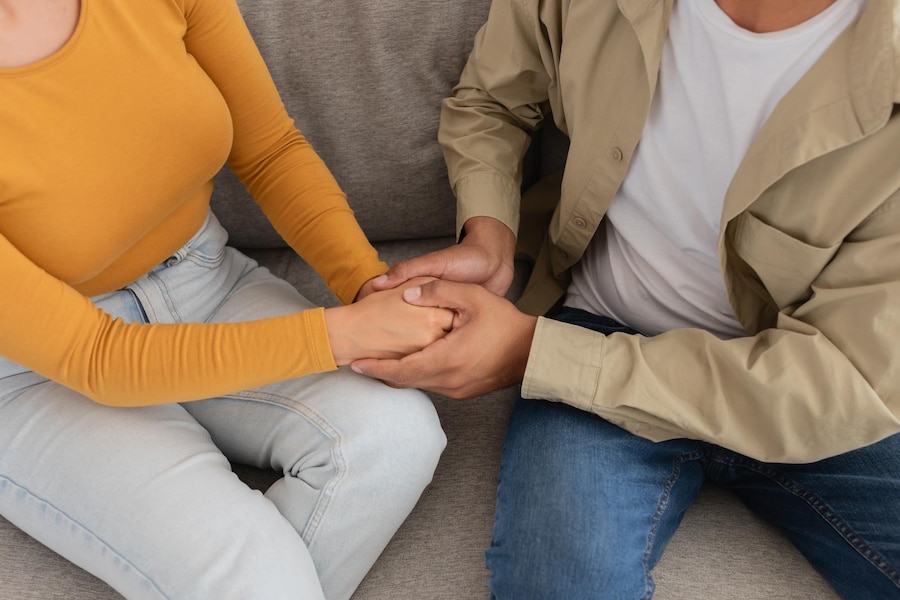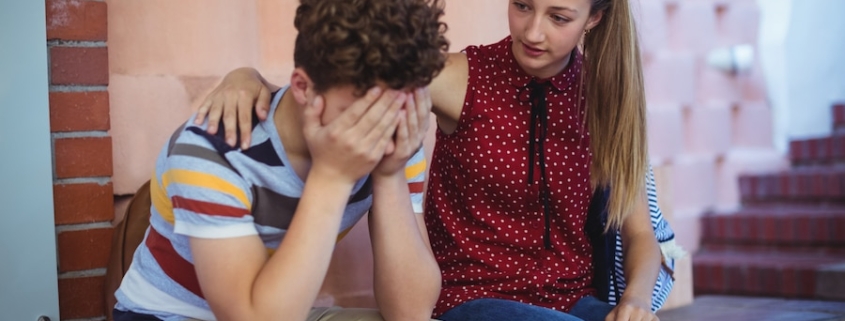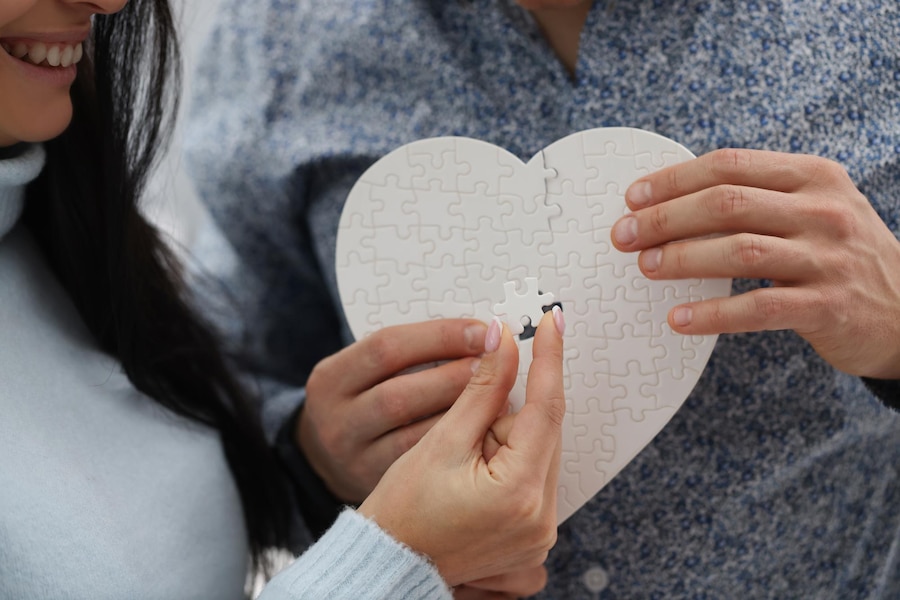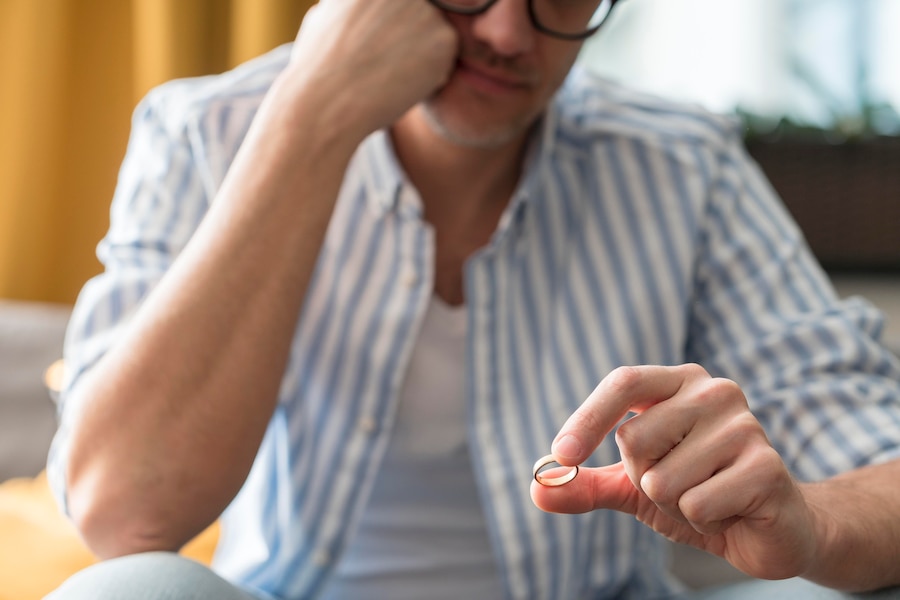Marijuana addiction treatment has become increasingly essential as more individuals seek support for overcoming dependence on this substance. For those in Baltimore, Couples Rehab offers specialized services designed to address the unique challenges of marijuana addiction. This guide explores the various facets of marijuana addiction treatment, including residential and outpatient programs, sober living, cognitive-behavioral therapy (CBT), and detoxification. Our aim is to provide a thorough understanding of how these approaches can aid in recovery and help individuals achieve long-term sobriety.
Understanding Marijuana Addiction
Marijuana, commonly known as cannabis, is often perceived as a relatively benign drug compared to other substances. However, for some individuals, it can lead to significant addiction and health problems. Marijuana addiction, or cannabis use disorder, is characterized by a compulsive need to use the drug despite adverse effects on one’s life, health, and relationships.
Signs of marijuana addiction can include:
- Increased tolerance, requiring more of the drug to achieve the same effect
- Withdrawal symptoms when not using marijuana
- Persistent cravings and inability to reduce or control usage
- Negative impact on personal, academic, or professional responsibilities
Addressing marijuana addiction effectively requires a comprehensive treatment approach that considers both the psychological and physical aspects of dependence. Couples Rehab in Baltimore offers a range of services designed to support individuals through their recovery journey.
Residential Treatment for Marijuana Addiction
Residential treatment, also known as inpatient treatment, provides a structured and immersive environment for individuals seeking to overcome marijuana addiction. This approach is particularly beneficial for those with severe addiction or co-occurring mental health conditions.
Key Features of Residential Treatment:
- 24/7 Supervision: Patients receive constant care and support from medical professionals and counselors, ensuring a safe and monitored recovery process.
- Structured Daily Schedule: A structured routine helps individuals focus on their recovery, incorporating therapy sessions, group activities, and educational workshops.
- Comprehensive Care: Residential treatment addresses both the physical and psychological aspects of addiction, providing medical detoxification if necessary.
In Baltimore, Couples Rehab offers a state-of-the-art residential treatment program that includes comfortable accommodations and a range of therapeutic interventions tailored to individual needs.
Outpatient Treatment for Marijuana Addiction
Outpatient treatment offers flexibility for individuals who may not require the intensive structure of residential care. This approach allows individuals to live at home while attending treatment sessions regularly. It is ideal for those with a stable home environment and strong support networks.
Benefits of Outpatient Treatment:
- Flexibility: Participants can continue with their daily responsibilities while receiving treatment, making it easier to balance recovery with work, school, or family commitments.
- Individualized Therapy: Outpatient programs often offer personalized treatment plans that can be adjusted based on progress and evolving needs.
- Continued Support: Regular sessions with counselors and therapists help individuals maintain focus on their recovery goals and address any emerging challenges.
Couples Rehab in Baltimore provides comprehensive outpatient programs that incorporate various therapeutic modalities to support individuals in their journey towards sobriety.
Sober Living: Transitioning to a Drug-Free Lifestyle
Sober living environments offer a supportive and structured setting for individuals transitioning from formal treatment programs to independent living. These residences provide a drug-free environment where individuals can develop and practice new coping skills while building a foundation for long-term recovery.
Features of Sober Living Programs:
- Supportive Community: Living with peers who are also in recovery creates a sense of accountability and shared experience, which can enhance motivation and provide emotional support.
- Skill Development: Sober living programs often include life skills training, job readiness workshops, and other resources to help individuals reintegrate into society.
- Ongoing Counseling: Residents typically participate in regular counseling sessions to continue addressing their addiction and maintaining progress.
Couples Rehab offers sober living options in Baltimore that provide a safe and supportive environment for individuals committed to achieving and maintaining sobriety.
Cognitive-Behavioral Therapy (CBT) for Marijuana Addiction
Cognitive-behavioral therapy (CBT) is a widely used and effective approach in the treatment of marijuana addiction. CBT focuses on identifying and altering negative thought patterns and behaviors that contribute to substance abuse.
How CBT Helps in Marijuana Addiction Treatment:
- Addressing Triggers: CBT helps individuals recognize and manage triggers that lead to marijuana use, such as stress or social pressures.
- Developing Coping Strategies: Through CBT, individuals learn healthier ways to cope with cravings and manage emotions without resorting to substance use.
- Changing Thought Patterns: The therapy encourages individuals to challenge and reframe negative beliefs about themselves and their addiction, fostering a more positive and proactive mindset.
In Baltimore, Couples Rehab integrates CBT into its treatment programs, offering personalized therapy sessions that help individuals address the root causes of their addiction and develop effective coping strategies.
Detoxification: The First Step in Recovery
Detoxification, or detox, is often the first step in the recovery process for individuals with marijuana addiction. Detox involves the safe and supervised removal of the drug from the body, allowing individuals to begin their journey to recovery free from physical dependence.
Key Aspects of Detoxification:
- Medical Supervision: Detox should be conducted under medical supervision to manage withdrawal symptoms and ensure safety.
- Individualized Approach: Detox programs are tailored to meet the specific needs of each individual, considering factors such as the severity of addiction and overall health.
- Preparation for Further Treatment: Detox prepares individuals for subsequent treatment phases, such as residential or outpatient programs, by stabilizing their physical condition.
Couples Rehab in Baltimore offers comprehensive detox services designed to support individuals through the initial phase of recovery and prepare them for continued treatment.

Combining Approaches for Effective Treatment
Successful treatment of marijuana addiction often involves a combination of residential and outpatient care, sober living, CBT, and detoxification. Each component addresses different aspects of addiction and contributes to a holistic approach to recovery.
Integrating Various Treatment Methods:
- Residential and Outpatient Care: Combining these approaches allows individuals to receive intensive care initially and transition to more flexible outpatient support as they progress.
- Sober Living and CBT: Sober living environments provide ongoing support and accountability, while CBT addresses the psychological aspects of addiction.
- Detox and Follow-Up: Detox is crucial for physical stabilization, and follow-up care ensures that individuals continue to receive support and therapy as they transition to long-term recovery.
At Couples Rehab in Baltimore, our integrated treatment programs are designed to offer comprehensive support throughout every stage of recovery. We tailor our services to meet the unique needs of each individual, ensuring a personalized approach that enhances the likelihood of long-term success.
FAQ’s
1. What are the signs of marijuana addiction?
Marijuana addiction, or cannabis use disorder, can manifest through several signs including increased tolerance, withdrawal symptoms, persistent cravings, and continued use despite negative impacts on personal, academic, or professional life. Individuals may also struggle to control their usage or fulfill responsibilities.
2. What does residential treatment for marijuana addiction involve?
Residential treatment provides a structured, immersive environment with 24/7 supervision. It includes medical detoxification if needed, daily therapy sessions, group activities, and educational workshops. This approach is ideal for severe cases of addiction or those with co-occurring mental health issues.
3. How does outpatient treatment differ from residential treatment?
Outpatient treatment offers flexibility, allowing individuals to live at home while attending regular therapy sessions. It is suitable for those with a stable home environment and who may not require the intensive care provided in residential settings. Outpatient programs often feature personalized treatment plans and continued support.
4. What is sober living, and how can it aid in recovery?
Sober living environments provide a drug-free, supportive community for individuals transitioning from formal treatment to independent living. These programs offer accountability, skill development, and ongoing counseling to help individuals maintain their sobriety and reintegrate into society.
5. How does cognitive-behavioral therapy (CBT) help with marijuana addiction?
CBT addresses negative thought patterns and behaviors associated with marijuana use. It helps individuals identify and manage triggers, develop healthier coping strategies, and reframe negative beliefs about themselves and their addiction. This therapy is an essential component of a comprehensive treatment plan.
6. What is detoxification, and why is it important?
Detoxification, or detox, is the process of safely removing marijuana from the body under medical supervision. It helps individuals manage withdrawal symptoms and stabilizes their physical condition, preparing them for further treatment phases. Detox is often the initial step in a comprehensive addiction treatment program.
Conclusion
Marijuana addiction treatment is a multifaceted process that requires a combination of therapeutic approaches to address both the physical and psychological aspects of addiction. In Baltimore, Couples Rehab offers a range of services, including residential and outpatient treatment, sober living, CBT, and detoxification, to support individuals in their journey to recovery.
Whether you are seeking intensive residential care or flexible outpatient options, our team is dedicated to providing the highest quality of care tailored to your needs. With our comprehensive treatment programs, you can take the first step towards a healthier, drug-free life. Contact us today to learn more about our services and how we can help you or your loved one achieve lasting recovery from marijuana addiction.



